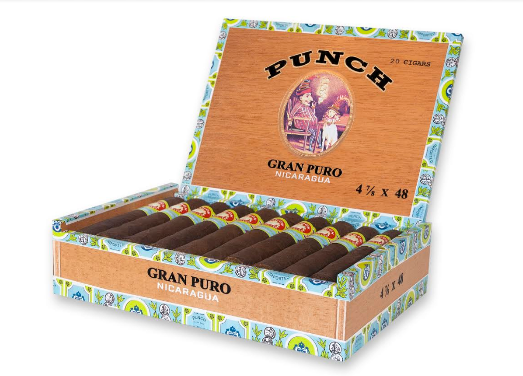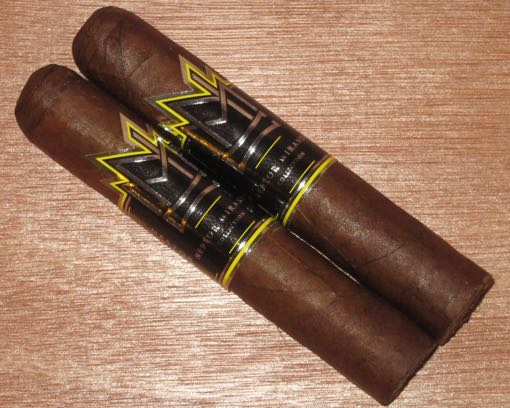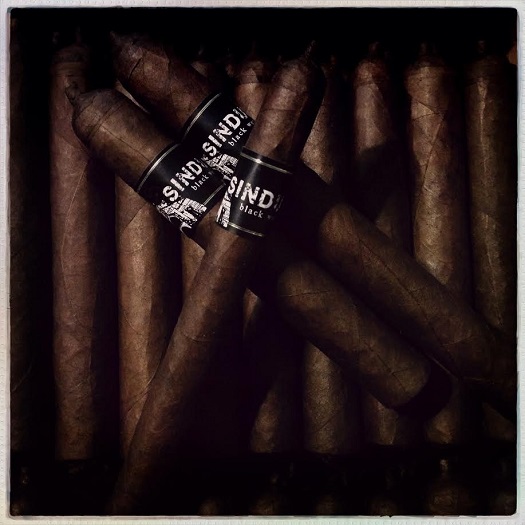Stogie Guys Friday Sampler No. 513
13 Jan 2017
As we have since July 2006, each Friday we’ll post a mixed bag of quick cigar news and other items of interest. Below is our latest Friday Sampler.

1) General Cigar on Tuesday announced Punch Gran Puro Nicaragua, a “Nicaraguan-forward blend†that will debut in February. Four vitolas will be made at General Cigar’s HATSA factory in DanlÃ, Honduras, each with an MSRP ranging from $5.29 to $6.99. The blend recipe includes high priming Nicaraguan binder and filler tobaccos enveloped in a Connecticut Broadleaf wrapper. “Punch Gran Puro has been a true staple in humidors for over a decade, and the brand’s recently-received high ratings have cemented its legacy in the handmade cigar category,†said Ed McKenna, director of marketing strategy for General Cigar. “For the extension of the Gran Puro line, our artisans built a blend that balances Nicaraguan tobaccos with a Maduro wrapper to deliver a layered, dimensional flavor not traditionally found in Nicaraguan-based cigars. We are confident that Punch Gran Puro Nicaragua will be a fast favorite among tenured smokers.â€
2) Yesterday, President Obama announced an end to “wet foot, dry foot,” a policy which allowed Cubans who make it to U.S. soil to stay and become legal residents. Obama characterized the policy as “designed for a different era.” The change is part of Obama’s move towards normalization of relations with Cuba. Florida news outlets reported mixed reactions from members of the Cuban community there.
3) Inside the Industry: Matt Booth is, for the time being at least, walking away from the cigar industry. Booth is owner of the Room 101 portfolio of brands—cigars that were made by Camacho prior to Davidoff’s acquisition of Camacho in 2008. Room 101 has since been distributed by Davidoff. Booth recently told Cigar Aficionado his agreement with Davidoff has come to an end, and he has decided not to renew. “For now, I am going to concentrate on the jewelry and accessories side of the business,†Booth said. “It’s a business that’s growing rapidly for me and not over-regulated by the government.â€
4) From the Archives: Perhaps surprisingly, one of the most popular articles in the decade-plus history of StogieGuys.com is our tip on how to perform a salt calibration test. The test will help you ensure your hygrometer reading inside your humidor is accurate. Best of all, with the exception of maybe distilled water, the test can be done with a few household items you’ll almost certainly find in your kitchen.
5) Deal of the Week: We recommend Bespoke Post, a monthly collection of awesome items delivered to your door for just $45. Past boxes include fine bar accessories, shaving kits, coffee, and more. You can skip or purchase every month. Currently available is “Churchill,†a box featuring four E.P. Carrillo cigars (including one exclusive blend), a reclaimed wood ashtray that doubles as a candle-holder, a smoke-eating candle, cedar spills for lighting your cigar, and a cutter. Click here to sign up today.
photo credit:Â General Cigar Co.


 Sporting the line’s trademark Art Deco style foil bands with electric-yellow highlights, Corojo is the fourth in the collection. Like the others, it is rolled at the My Father Cigars factory and comes in four sizes with MSRPs ranging from $7.50 to $9.50.
Sporting the line’s trademark Art Deco style foil bands with electric-yellow highlights, Corojo is the fourth in the collection. Like the others, it is rolled at the My Father Cigars factory and comes in four sizes with MSRPs ranging from $7.50 to $9.50.
 La Aurora has again expanded its well-regarded
La Aurora has again expanded its well-regarded 




 Patrick Ashby
Co-Founder & Editor in Chief
Patrick Ashby
Co-Founder & Editor in Chief Patrick Semmens
Co-Founder & Publisher
Patrick Semmens
Co-Founder & Publisher George Edmonson
Tampa Bureau Chief
George Edmonson
Tampa Bureau Chief